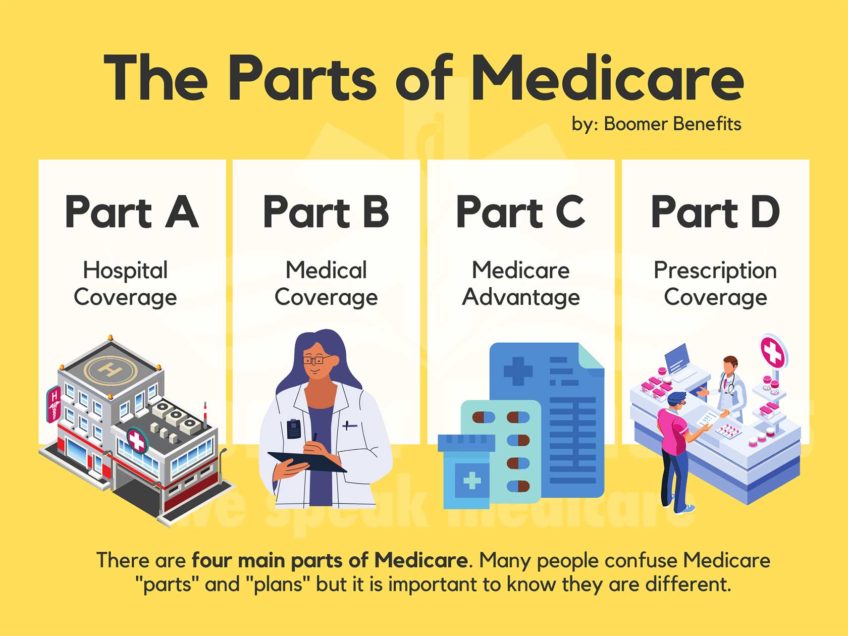Los Angeles – In today’s technology-driven economy, data is being generated at a fierce rate and redefining the way industries do business. The health care sector is no exception, where data is increasingly being used to help advance practices in the field and make health care more accessible.
The problem, say industry leaders and health advocates, is that data is often kept out of reach of those who could benefit from it the most.
Dwayne Spradlin, CEO of the New York-based Health Data Consortium, said as much during his keynote speech at the second annual Healthy Communities Data Summit that took place here two weeks ago. Spradlin was among a lineup of speakers who addressed the issue of how data, if put to proper use, can make communities healthier.
Even though the United States has some of the best technology to gather health data, and spends close to $3 trillion a year on health care, the country ranks well below other advanced nations in areas of mortality and morbidity, noted Spradlin.
The gap can be closed, asserted Will Yu, director of the Foundation for Healthcare Innovation, if data is more widely shared and communicated across the industry.
Yu said agencies today churn out data, but the information is typically kept in silos. One way of benefiting from that rich pool of data is for stakeholders to collaborate by sharing their research data.
Other panelists spoke about how their own agencies used data to push their goals. Beatriz Solis, director of The California Endowment’s Healthy Communities South, said her non-profit “uses data to invest in low-income communities” so TCE’s health and education programs could be expanded. Data-driven policies, she said, “are core to our work.”
Judy Belk, CEO of The California Wellness Foundation, pointed out that data can also “make our officials accountable.”
Through the California Health Care Foundation’s “Free the Data” initiative, journalists, entrepreneurs and state and local policymakers now have improved tools to access, analyze and communicate information, said Sandra Hernandez, the foundation’s president.
“Days before we had ‘Free the Data,’ it might have taken a research team six months to analyze data,” she said. “Today, it takes six minutes.”
Data, said Yu, when applied to real world environments can allow researchers and health officials to better understand the calculus that leads healthier communities.
“Where we shop for food, how we commute, where we choose to live and spend our time outdoors, are all contributors to our health and wellbeing. Each of these actions can be improved—optimized so they contribute to a maximum level of health—if adequate data is available,” he said. “Harnessing the power of health data will lead to better data-driven policies, better research, and new technologies and businesses if we can jointly forge the pathways to innovation.”
Using the analogy of Google’s self-driven car, expected to be unveiled in a few years, afternoon keynote speaker Dr. Molly Coye said that like the Google car, the U.S. health care system has “to be rearranged” to get the most out of it. The car has no steering wheel and no controls and uses a combination of GPS with laser sensors that detect real world movement.
Coye, who is the director of the Institute for Innovation in Health at UCLA, pointed out that unless that happens, most of the money earmarked for health care will simply continue to be spent on treating sick people, and “not for keeping them healthy.”
Panelists at the post-lunch sessions pitched their products – mostly websites and apps – as tools to improve health outcomes and close health care disparities. Regan Foust spoke about how much rich data on children’s health is stored on her non-profit’s website, Kidsdata.org. Tom Coggia, owner of iconAtomic, whose work largely focuses on HIV prevention, explained how his latest product, an animated video, can be used as a teaching tool for at risk populations.
Co-hosted by the Foundation for Healthcare Innovation and Health 2.0, the summit was sponsored by The California Wellness Foundation, The California Endowment, Lucile Packard Foundation for Children’s Health, California Health Care Foundation and Stewards of Change.
The event brought together regional stakeholders to see, as Andy Krakov, senior program officer of California Health Care Foundation put it, “how we can package data so it will have some impact.”
New American Media






